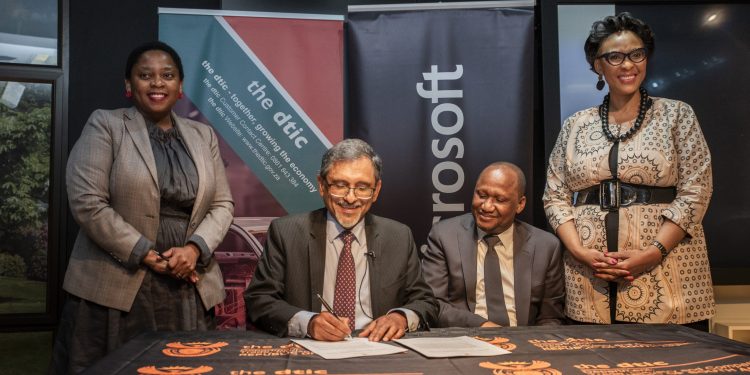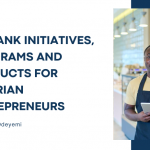Microsoft South Africa and the South African Department of Trade, Industry and Competition (DTIC) have announced a major partnership to inject R1.3 billion ($70 million) into the country’s small and medium enterprises (SMEs). This 10-year investment aims to enhance both tech and non-tech sectors, preparing businesses for the advances in artificial intelligence (AI).
This initiative, as reported by ItWeb, will focus on developing black-owned SMEs and is calculated based on Microsoft’s projected turnover over the next decade. The investment is part of a broader strategy to spur SME growth, create local opportunities, and ensure South Africa stays at the forefront of the AI revolution.
Kalane Rampai, Managing Director of Microsoft South Africa, highlighted the critical need for AI readiness. “Last year, AI was a breakthrough technology. This year, if you’re not using AI, you’re already behind,” Rampai stated. He emphasized that AI is transforming the nature of work and that acquiring AI skills is essential for remaining competitive. “There is a massive opportunity for those willing to skill up on AI. Organizations that empower employees with AI tools and training will attract the best talent.”
Lillian Barnard, President of Microsoft Africa, underscored the investment’s significance in driving sustainable growth across the continent. “This investment represents our commitment to empowering individuals and small businesses to be part of Africa’s digital economy, driving job creation and growth that will benefit the entire region,” Barnard said.
South African SMEs have been recognized as key drivers of growth and employment. With these businesses growing at a rate of 6% annually, Rampai stressed the importance of sustaining this momentum. The R1.3 billion investment is designed to open new markets for SMEs, ensuring they become significant job creators.
“The investment aims to provide a platform for SME development founded on technology, digital transformation, and market opportunities,” Rampai added. “We believe SMEs can significantly contribute to developing our digital economy and the wider economic growth of Africa.”
The DTIC echoed this sentiment, stating that the fund will help black South Africans in non-tech sectors leverage technology to boost their competitiveness and innovation. Additionally, the investment will facilitate training, certification, and job placement for young people, further bolstering the South African economy.
Recently, Microsoft collaborated with a UAE-based AI company to launch a $1 billion data center project in Kenya, aiming to expand cloud computing technology in East Africa. In contrast, Nigeria has missed out on these investments, with Microsoft closing its African Development Centre in the country, highlighting the challenges Nigeria faces in attracting and retaining investors.










